Rambutan products of Phu Phung agricultural cooperative meet 4-star OCOP standards. (Photo: HOANG TRUNG)
When farmers build brands from their own specialties
Many farmers who spend all day working in their fields have learned to process their own products and sell them directly to consumers. From there, OCOP products with farmer brands were born and are favored by the market.
Farmer Pham Van Nhut, residing in Luong Hoa commune ( Vinh Long province) cultivates 3.5 hectares of rice but has not had a good business for many years, so he decided to build an OCOP product from the rice he grows. His farming model is a closed-loop model of growing rice to use straw to feed cows, and composting cow manure to grow grass and rice.
In addition, he also invested in a small factory to mill rice into rice and then a packaging machine to sell the finished rice to the market. Other by-products in the production process such as rice husks, bran, broken rice, etc. are also fully utilized to increase the value of rice grains.
Farmer Pham Van Nhut (left) builds a rice brand with his name that meets 3-star OCOP standards. (Photo: HOANG TRUNG)
Mr. Nhut said: “Since 2020, I have had two products that have achieved 3-star OCOP certification: Ba Nhut purple rice and Ba Nhut black sticky rice. The production model follows organic processes so it is clean and accepted by consumers. Currently, I also cooperate with surrounding households to produce clean rice, then mill it, package it and sell it to the market. Therefore, the value of products from rice cultivation has increased nearly 5 times compared to selling fresh rice right in the field as before.”
From a farmer, Ms. Pham Thi Thanh Phuong, residing in An Hoi ward (Vinh Long province) has researched to process lemon and kumquat products, local specialties, to sell at higher prices.
At first, when she saw that fresh lemons and limes were easily damaged and farmers threw them away, it was a waste, so she wanted to process them to preserve them longer. In the beginning, the products did not have a brand, and were only sold with fresh lemons sold at traditional markets. Over time, she invested in machinery for packaging, improved quality and was certified as an OCOP product.
Currently, Ms. Phuong has launched 6 products made from lemons and kumquats.
Ms. Pham Thi Thanh Phuong has many OCOP standard products from local specialties. (Photo: HOANG TRUNG)
Ms. Phuong said: “Up to now, the facility has 3 products certified to meet the 4-star OCOP standard, including: Ngoc Y licorice salted lemon, Hai Phuong salted lemon, Ngoc Y plum lemon and a product that meets the 3-star OCOP standard, Ngoc Y plum kumquat. Currently, the facility is building a brand for these products to help consumers know more widely, helping local farmers' lemon products go further.”
Improve the quality of OCOP products for export
At Phu Phung agricultural cooperative (Phu Phung commune, Vinh Long province), they have switched from growing rambutan in the traditional way to produce natural fruit to processing off-season fruit according to VietGAP standards to sell at very high prices.
Recently, the cooperative has built a growing area code and achieved 4-star OCOP certification for export.
Farmer Vo Ngoc Be has many products that have received 4-star OCOP certification from specialty fish in local waters. (Photo: HOANG TRUNG)
Director of Phu Phung Agricultural Cooperative Pham Hong Tung said: “Currently, the cooperative has 125 members and has been granted 2 codes for rambutan growing areas and has achieved 4-star OCOP standards. The cooperative is completing documents to continue to be granted 1 code for durian growing areas. The cooperative's rambutan products are exported to the US, China, Canada, Russia, the Middle East, etc. On average, the cooperative exports 10 to 20 tons per day, ensuring the consumption of rambutan products for members at stable prices, higher than the market price.”
In the coastal area of Thanh Phong commune (Vinh Long province), Mr. Vo Ngoc Be, born in 1972, switched from shrimp farming to processing seafood specialties from locally available raw materials.
In 2018, Mr. Be and his wife established Phat Huy Seafood Processing Company Limited, specializing in producing local specialties such as dried fish, dried shrimp, and sun-dried fish. Mr. Be invested in machinery, processing technology, and controlled the input material area, ensuring no antibiotics or chemicals.
Recently, the company has linked up with traders, fishermen and about 150 local fish farming households to source raw materials for processing.
Farmers increasingly pay attention to design and brand in developing OCOP products. (Photo: HOANG TRUNG)
Mr. Be said: “On average, each month the company produces about 7 tons of finished products, including dried fish and shrimp of all kinds, to supply to the market. Currently, the company has 3 products that have achieved 4-star OCOP status, including: One-sun dried snakehead fish, one-sun dried red croaker fish, one-sun dried tilapia fish and one product that has achieved 3-star OCOP status, which is one-sun dried sand goby fish. The company is aiming to develop the OCOP brand from local specialties to meet the increasing demand of the market.”
According to statistics from the Department of Agriculture and Environment of Vinh Long province, up to now, the whole province has 1,083 OCOP products, of which 13 OCOP products have achieved 5 stars. Among them, many farmers and cooperatives have switched from selling to traders to investing in machinery and equipment for further processing to achieve OCOP certification and sell directly to the market.
Director of the Department of Agriculture and Environment of Vinh Long province Lam Van Tan said: "The local OCOP standard products are all branded, apply science and technology, improve product designs, improve quality, put on e-commerce platforms,... Due to market requirements, products sold on the market must have traceability of product origin, meet food safety and hygiene standards, product standards, beautiful designs..."
"Therefore, through the OCOP Program, awareness and thinking of the subjects are also improved, increasingly innovated, improving product quality, especially exploiting local advantages, bringing stories into products, making OCOP products increasingly valuable", emphasized Lam Van Tan, Director of the Department of Agriculture and Environment of Vinh Long province.
Local specialties are processed and packaged by farmers to meet OCOP standards. (Photo: HOANG TRUNG)
In the coming time, Vinh Long will continue to implement policies to help subjects build profiles, develop raw material areas, build value chains, support technology, build management systems, provide vocational training, build brands, and trace product origins; at the same time, review and evaluate product quality; for products that have not yet met the standards, try to meet OCOP standards; for products that have met OCOP standards, continue to upgrade.
On the other hand, the province will strengthen the application of science and technology, innovation, and digital transformation into the OCOP program to bring products to e-commerce platforms, meeting domestic and foreign markets.
HOANG TRUNG
Source: https://nhandan.vn/vinh-long-phat-trien-san-pham-ocop-tu-dac-san-dia-phuong-post901950.html


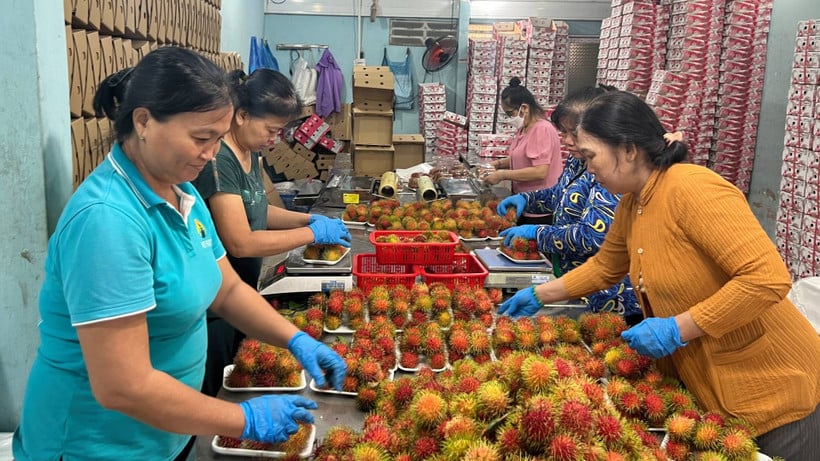
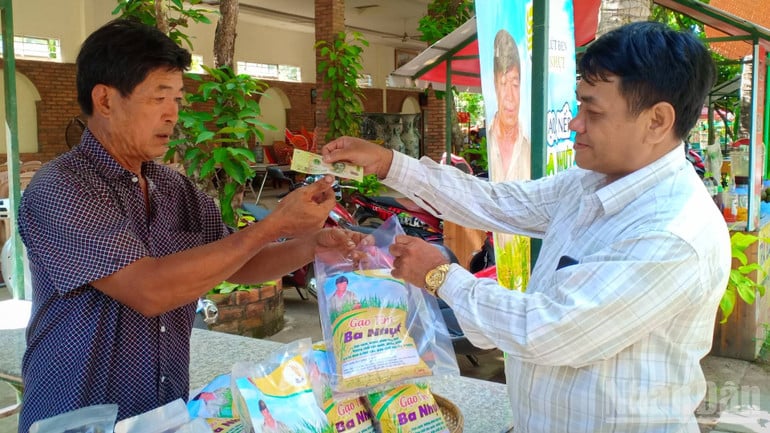
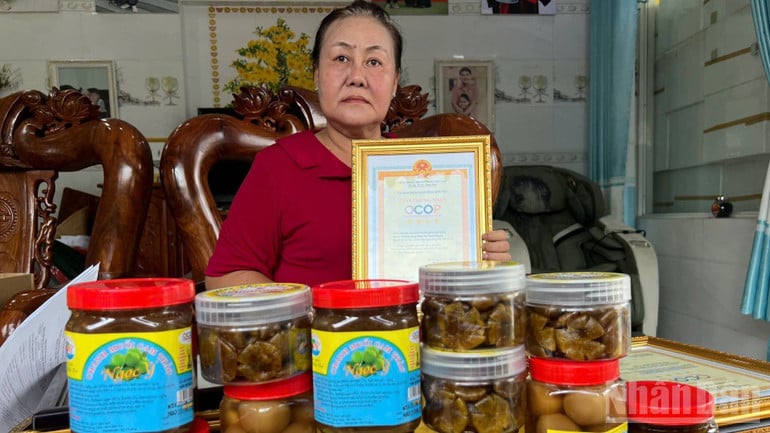
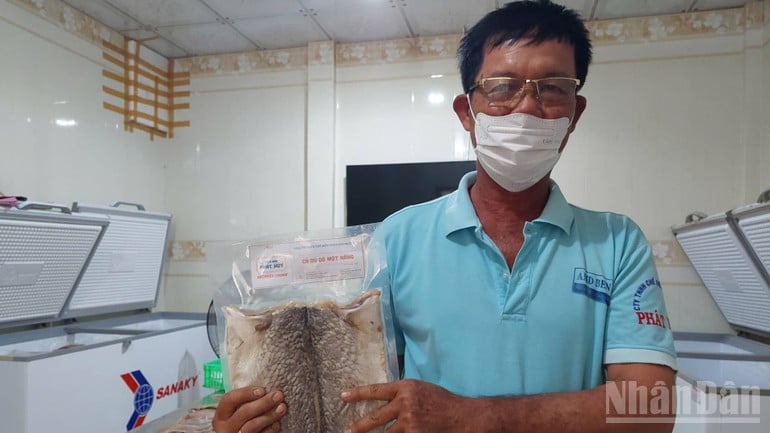
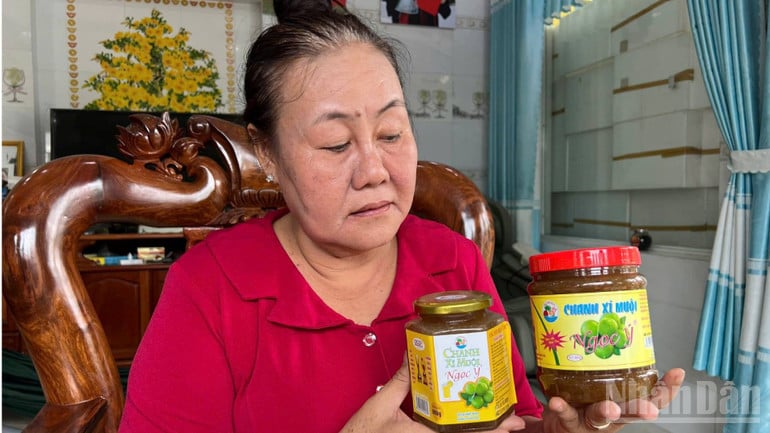
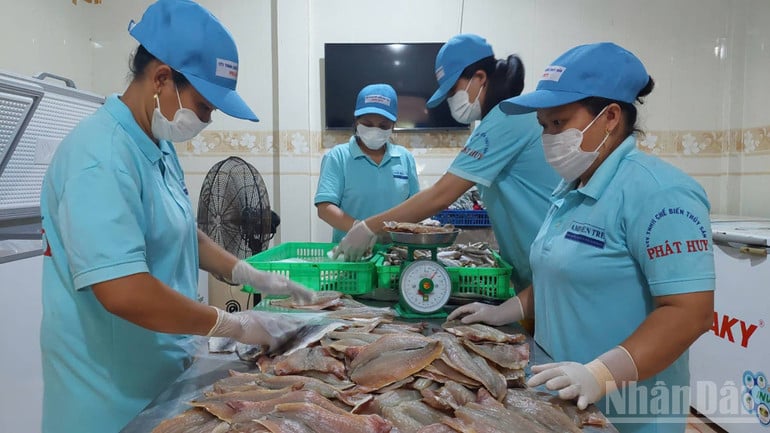

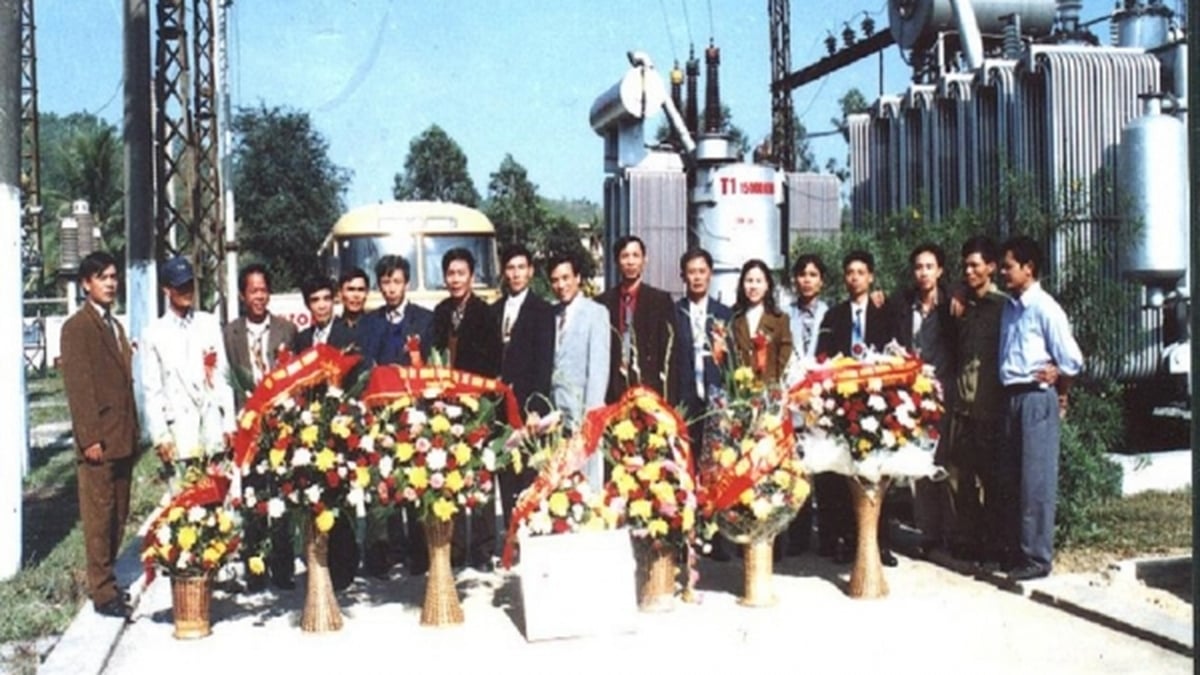

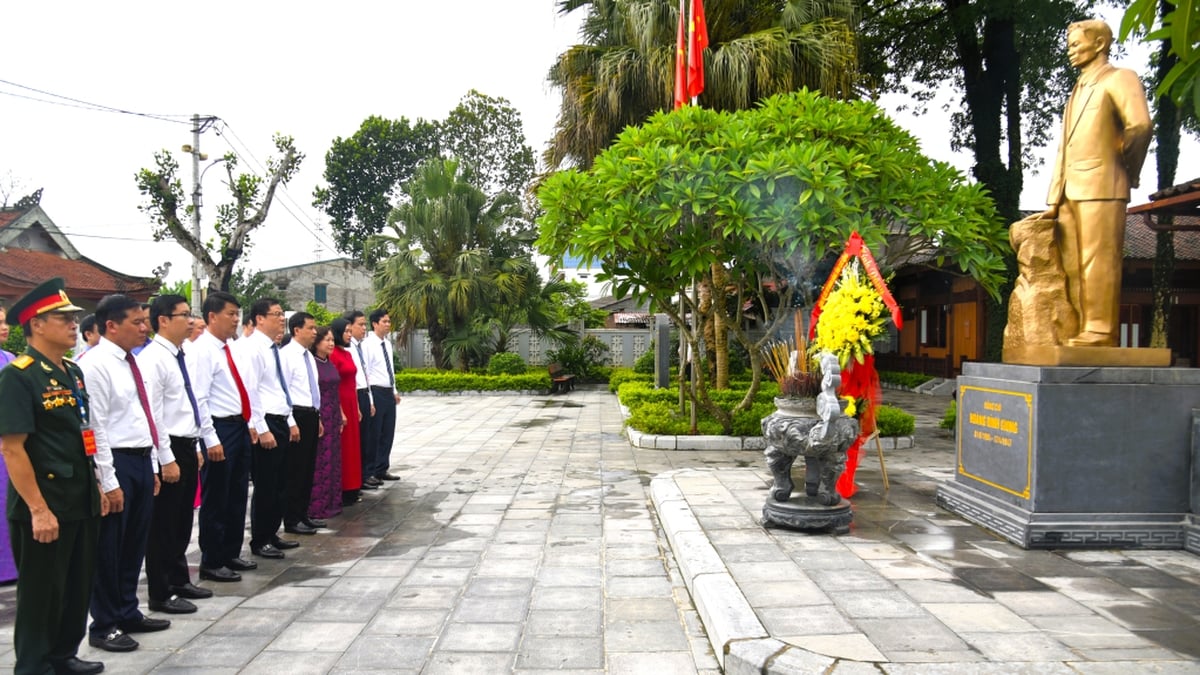



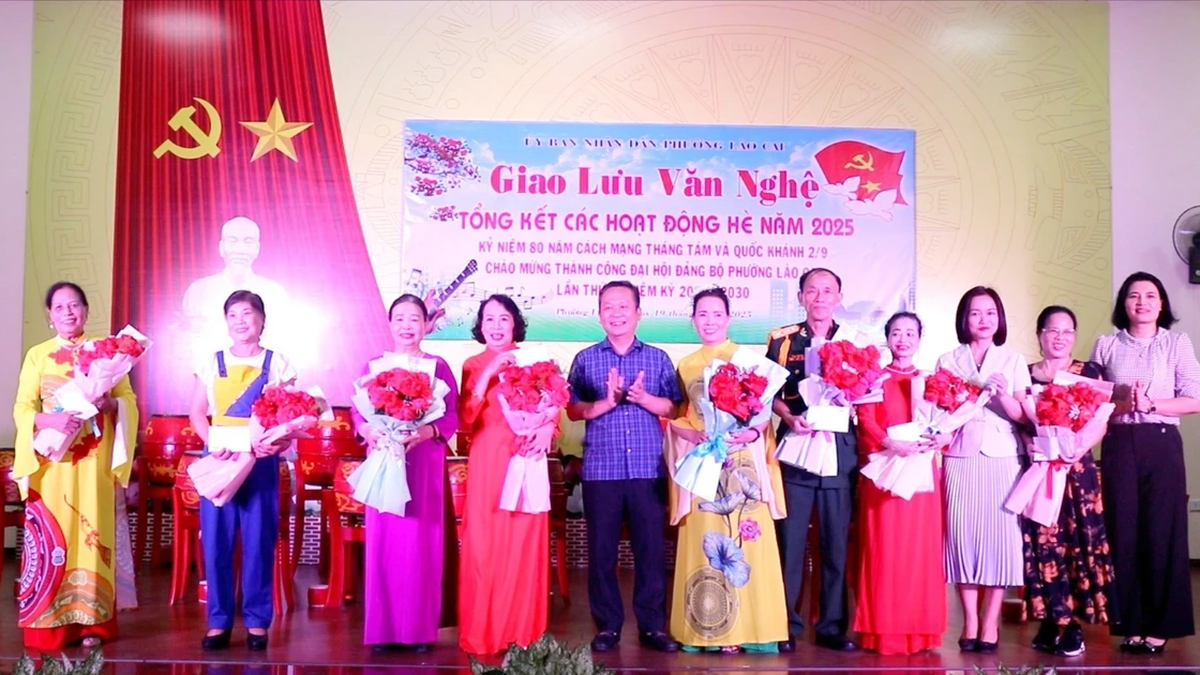

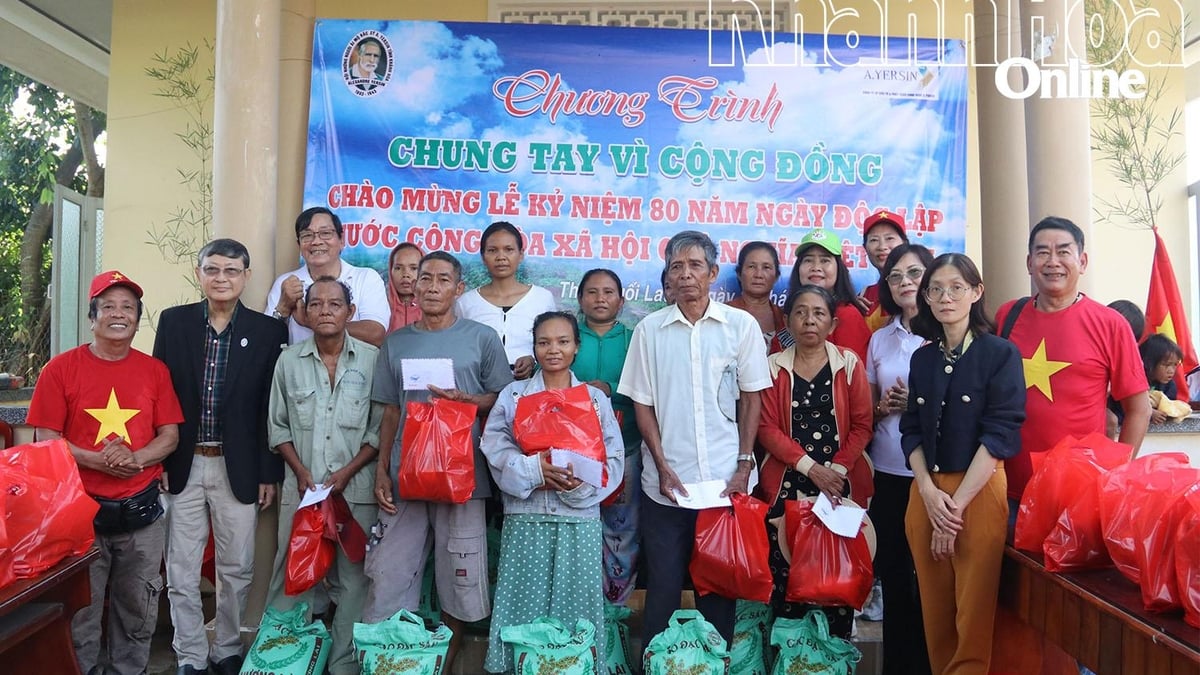










![[Photo] General Secretary and Prime Minister visit the National Exhibition and Fair Center](https://vphoto.vietnam.vn/thumb/1200x675/vietnam/resource/IMAGE/2025/8/19/f4503ad032d24a90beb39eb71c2a583f)

![[Photo] General Secretary To Lam attends the inauguration and groundbreaking ceremony of 250 projects to celebrate National Day](https://vphoto.vietnam.vn/thumb/1200x675/vietnam/resource/IMAGE/2025/8/19/3aa7478438a8470e9c63f4951a16248b)




![[Photo] President Luong Cuong's wife and Queen of Bhutan visit Tran Quoc Pagoda](https://vphoto.vietnam.vn/thumb/1200x675/vietnam/resource/IMAGE/2025/8/19/62696af3852a44c8823ec52b03c3beb0)
![[Photo] Politburo works with the Standing Committee of Da Nang City Party Committee and Quang Ninh Provincial Party Committee](https://vphoto.vietnam.vn/thumb/1200x675/vietnam/resource/IMAGE/2025/8/19/b1678391898c4d32a05132bec02dd6e1)

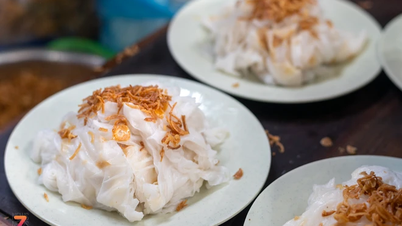











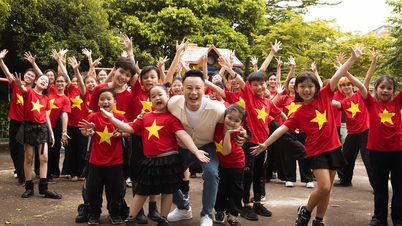









![[Maritime News] Maersk announces positive results in the first half of 2025](https://vphoto.vietnam.vn/thumb/402x226/vietnam/resource/IMAGE/2025/8/20/d9f3704e9e8647a0ade1f6e2309d75d1)



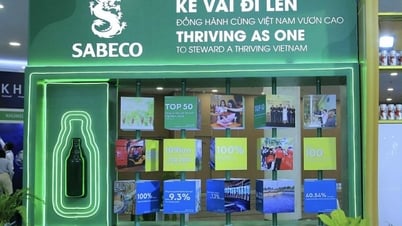
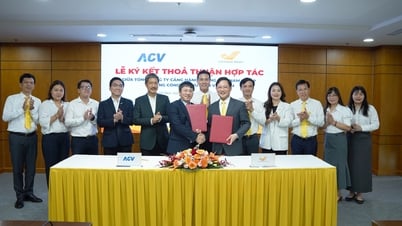



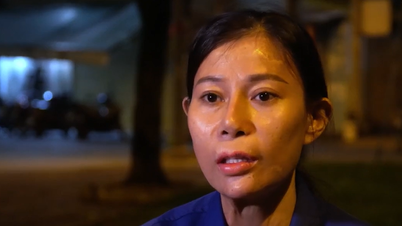











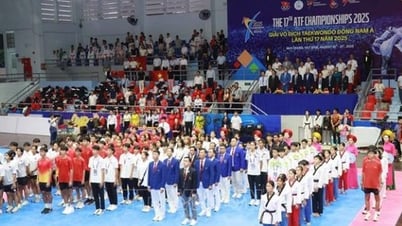










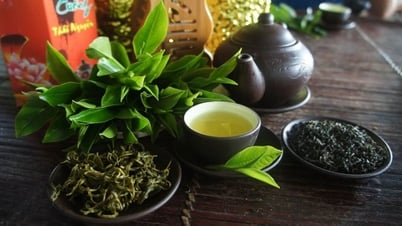

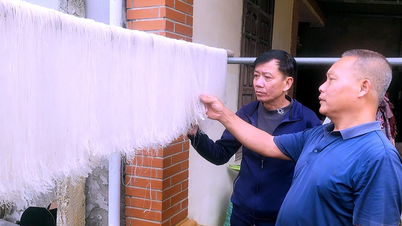

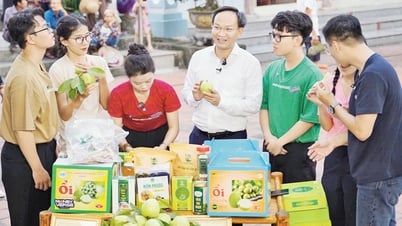

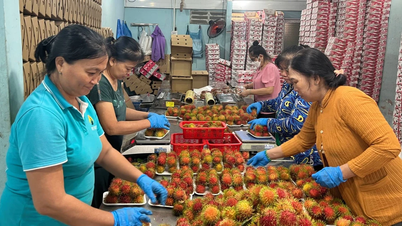
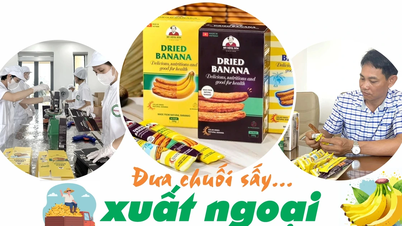




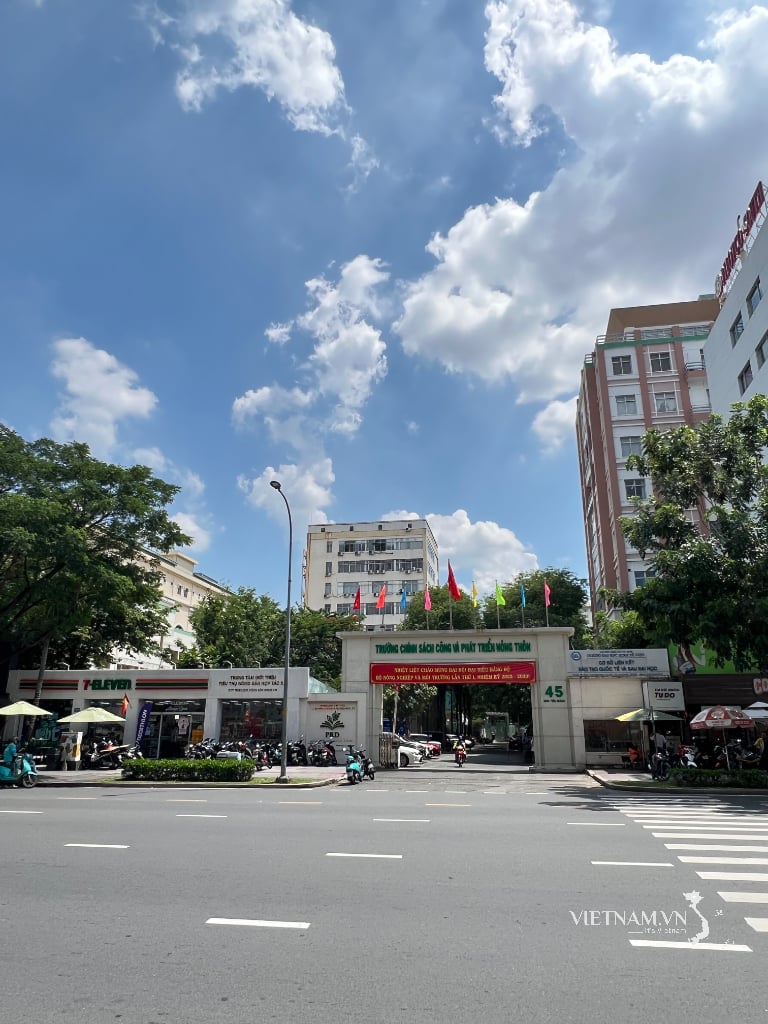
Comment (0)